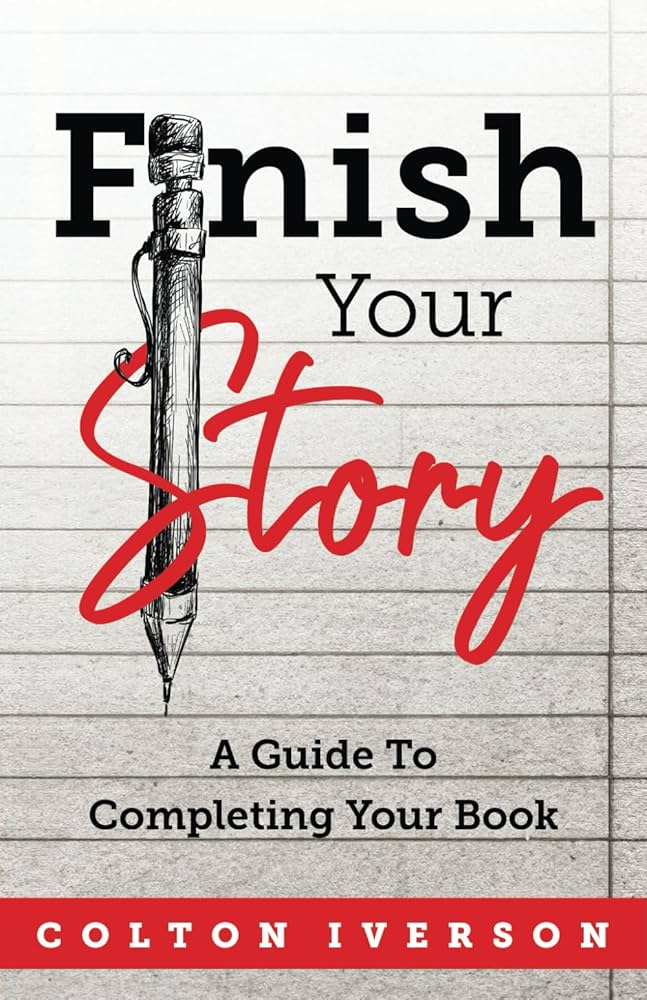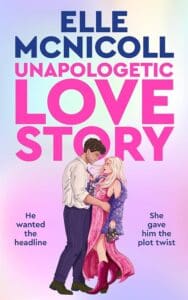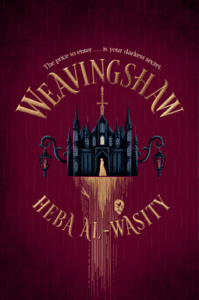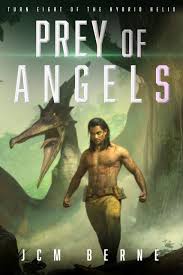
Synopsis
Embark on a transformative journey from a mere idea to a completed manuscript!
If you’ve ever dreamt of finishing that novel or turning your creative sparks into tangible work, “Finish Your Story: A Guide to Completing Your Book.” is the book for you!
This comprehensive resource is not just a manual but a companion in your writing odyssey. Dive into firsthand experiences, unravel the mysteries of overcoming writer’s block, and grasp the essential skills to elevate your writing prowess. “Finish Your Story” goes beyond the technicalities, offering insights into the writing community, helping you forge connections with fellow wordsmiths.
Discover the secrets to building sustainable writing habits, turning the daunting task of completing a first draft into a manageable endeavor. The path to becoming a writer is challenging, but this guide serves as your steadfast ally, providing guidance, motivation, and practical advice every step of the way.
Your story is remarkable, and “Finish Your Story” is the catalyst that empowers you to put pen to paper and create the masterpiece you’ve always envisioned. Embrace your passion, overcome obstacles, and let this guide lead you to the triumphant completion of your story. Grab your copy today!
Quick Review
Finish Your Story has plenty of writing and publishing tips, but it’s really a motivational book for authors, and a fantastic primer for anyone just beginning their writing journey.
Full Review
Finish Your Story: A Guide to Completing Your Book is less of a guide and more a motivational book. I want to be clear about this, because the book has a lot in it that new authors or those who struggle with motivating themselves to write, will find very helpful. For those who have been writing for a long time, or don’t struggle with self-motivation, I’m not sure this one’s for you.
In Finish Your Story, Colton Iverson covers three major concepts:
- Understanding your motivation to write.
- The writing itself (primarily ways to make this feel easier).
- Completing your story (or failing to do so).
Understanding your motivations are a major theme of Finish Your Story. If anything, I would argue this is the crux of Iverson’s argument in this book. He’ll ask why you want to be a writer, and repeats that question in a few different contexts. This part of the book encourages the reader to self-reflect and think about why they want to write which—if you haven’t done this already—can be incredibly valuable.
On writing, Iverson covers several ways that an author can set themselves up for success. For example, this section discusses the importance of planning your story’s plot ahead of time, mind mapping, and productive ways to take breaks.
However, you should not come to Finish Your Story looking for how to plot your story, or any other writing techniques. That is simply not the focus of this book. Iverson remind the reader how helpful plotting can be, and give you a few quick examples or mention some different approaches, but you’ll have to do your own research to learn about how to plot the story. In that way, Finish Your Story is kind of a primer for more in-depth research that you may choose to conduct on your own.
Completing your story is the focus of the final section, and discusses what to do after you’ve finished the manuscript (or failed to do so). One chapter in this section is made up of quotes from other writers at different stages discussing what success means to them. Some are best-selling authors and others have yet to be published. It’s an encouraging look at how “success” is not one single concept. It’s something more personal than that.
Finally, I want to add that this book is remarkably easy to read. Iverson writes like a friend who is excited to help you see a project through. The short chapters make this book easy to pick up and read through a section or two in a few minutes. Quicker readers than I could probably finish this in an hour or two, and I think that’s great.
Finish Your Story is a fantastic book for anyone just starting to write. I’d probably recommend it to any aspiring author who just needs to read something that may help motivate them, too. Iverson asks the reader to confront themself in ways that a book like Stephen King’s On Writing simply does not. However, the focus of this book naturally provides less value to those who have been writing for longer. If you’re looking for ways to improve your technique, it’s best to look elsewhere.







Leave a Reply